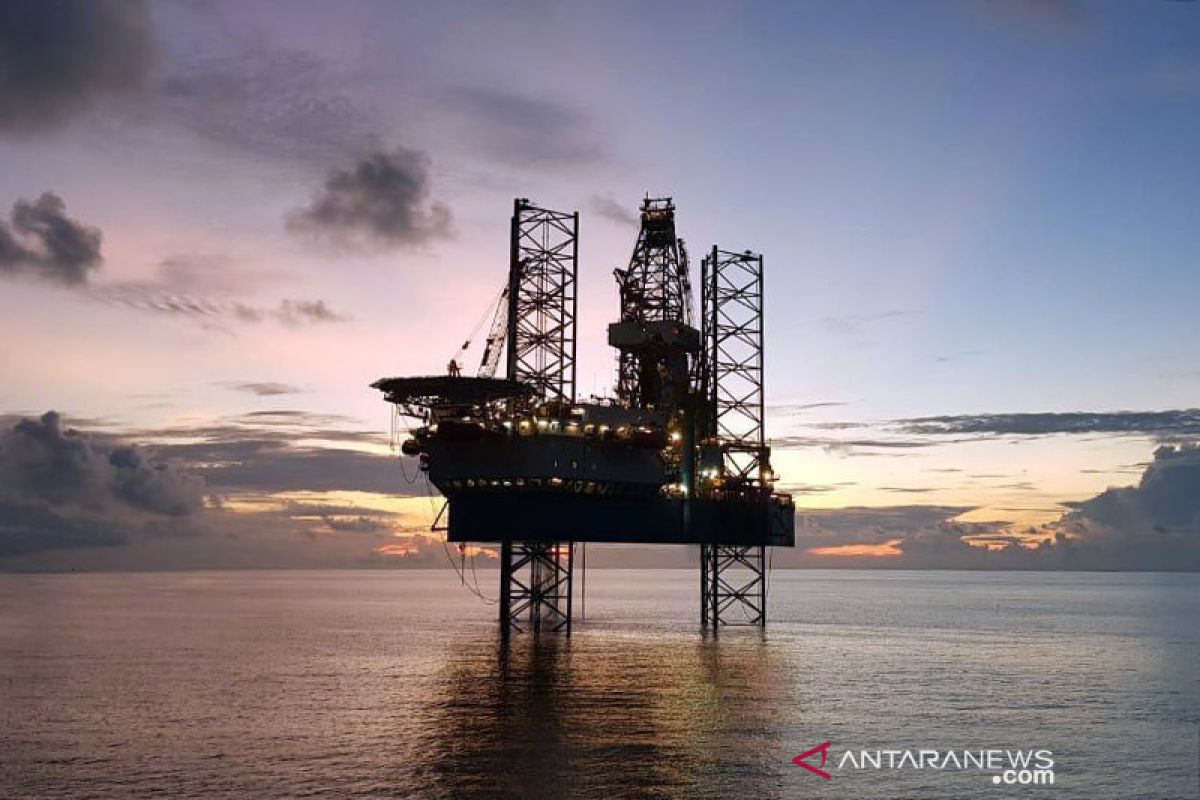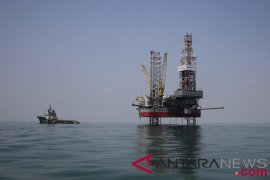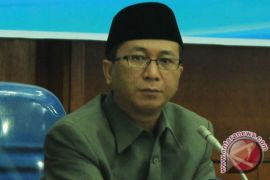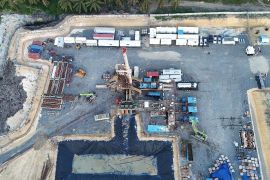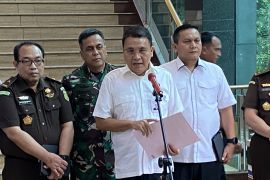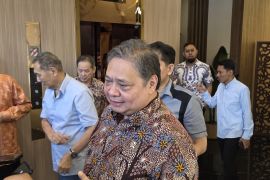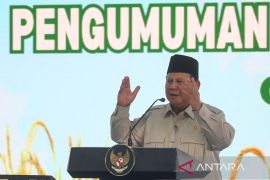The exploration is expected to support realization of the target of one million barrels of oil and 12 billion standard cubic feet of gas per day by 2030.
"The Ministry of Energy and Mineral Resources has assigned an exploration team assisted by experienced experts to integrate data on potential areas for further exploration," Secretary General of the Ministry of Energy and Mineral Resources Ego Syahrial noted during a virtual discussion in Jakarta on Tuesday.
Reserves for the five locations are estimated to reach over 9.8 billion barrels of oil equivalent, he remarked.
As of January 19, 2021, the Ministry of Energy and Mineral Resources noted that Indonesia's proven reserves had reached 2.44 billion barrels of oil and 43.6 trillion cubic feet of natural gas.
The government has encouraged oil and gas contractors to increase exploration in prospective areas to strengthen oil and gas reserves and production in Indonesia.
As of August 31, 2021, the ministry had also recorded 175 work areas comprising 96 production areas and 79 exploration areas.
Energy transition in Indonesia will have a significant impact on the domestic use of oil and gas. However, in terms of volume, the use of oil and gas commodities, including industrial raw materials, will continue to increase, Syahrial remarked.
The government also views the importance of natural gas as transitional energy before a shift from fossil fuels to renewable energy in the long term, he stated.
The energy transition program will be implemented in several stages while taking into account aspects, such as competitiveness, costing, availability, and sustainability.
"Hence, exploration continues to be increased through greater efforts," he remarked.
President Joko Widodo had earlier highlighted the government's grand strategy for achieving a green economy in response to a global shift away from fossil fuels.
"We will move towards what is dubbed as a green economy because we have great power here too. This strategy must begin to be organized," he stated.
"This is because in 2030, people in Europe and America may have to stop (using) and henceforth reject items that resulted from fossil energy. That is the law they will prepare," he elaborated.
At the G20 meeting on October 30-31, 2021, leaders of several countries held discussions pertaining to the green economy, President Jokowi noted.
"At the G20, our talks just revolved around that. People just resorted to this, to the green economy, and we are aware that we have great power in this green economy," he affirmed.
Related news: Rooftop solar panel users top 4,000: energy council
Related news: Govt's green industrial park extension reaches 30,000 ha: Jokowi
Related news: RI outlines strategies for reducing emissions in oil, gas subsector
Translator: Sugiharto, Azis Kurmala
Editor: Sri Haryati
Copyright © ANTARA 2021
